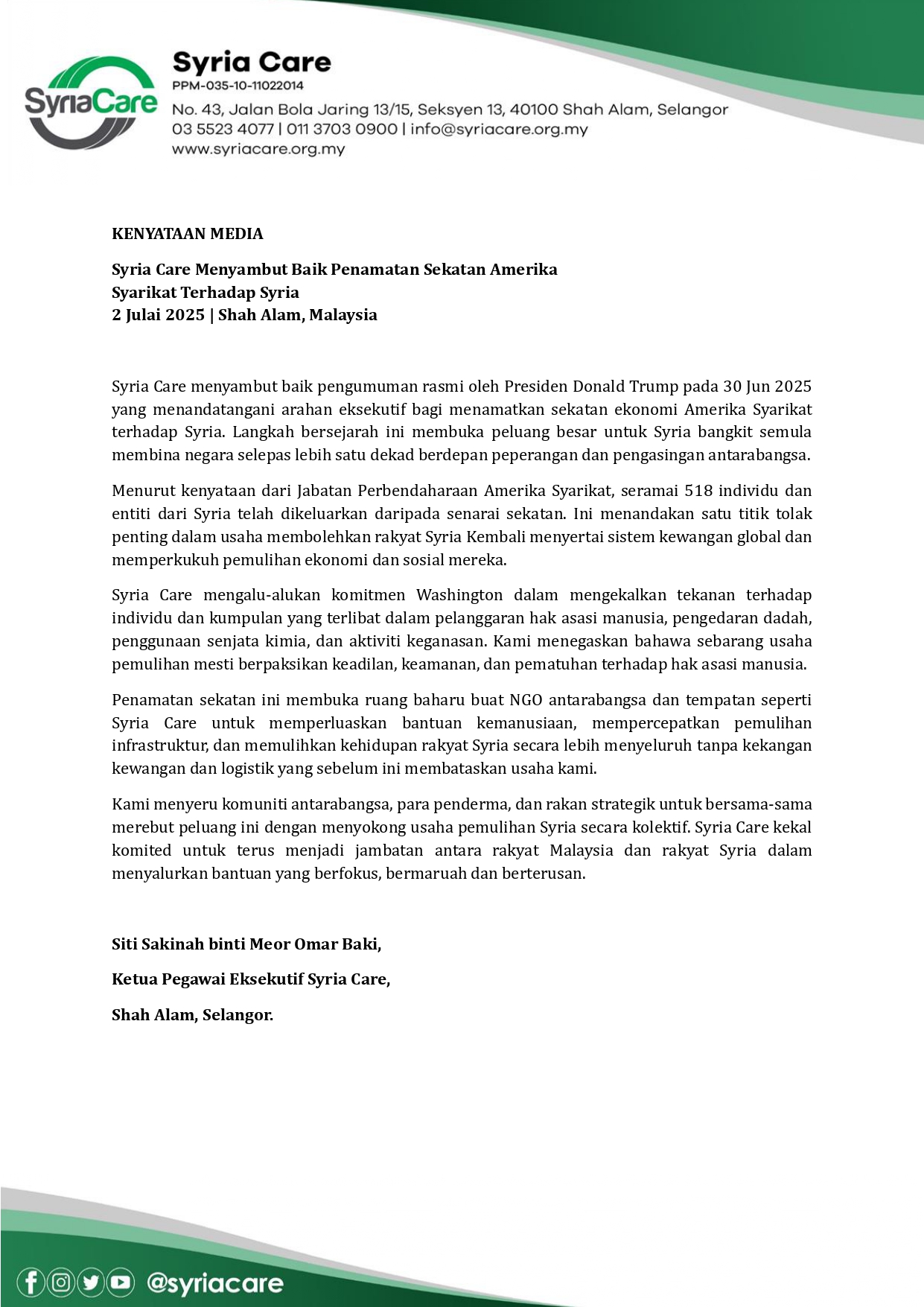Photo: A volunteer stops a man from entering his burning home as firefighters extinguish a fire following an alleged airstrike in Syria last September. The Syrian conflict is “the worst man-made disaster the world has seen since World War II,” said United Nations Human Rights Chief Zeid today. “Ensuring accountability, establishing the truth and providing reparations must happen if the Syrian people are ever to find reconciliation and peace. This cannot be negotiable.”
full statement
Statement by the High Commissioner
14 March 2017
Excellencies, Colleagues,
I met recently with a group of women from Syria whose relatives have been detained, or have simply been missing, for years. Some had themselves been detained – as have several members of this distinguished panel. Countless people have suffered arbitrary detention, torture, kidnap, and enforced disappearance in Syria. As you know, my Office and the Commission of Inquiry have been refused access to the country, and no international human rights observers are admitted to the places where very probably tens of thousands of people are currently held. They are places of torture.
Indeed, the entire conflict – this immense tidal wave of bloodshed and atrocity – began with torture: the detention and torture, by security officials of a group of children in Daraa who had daubed anti-Government graffiti on a school wall. As protests swelled, the Government attacked and waged war on its own people – spawning rebel movements, fuelling violent extremists and setting the stage for a regional and proxy war.
Today, in a sense the entire country has become a torture-chamber: a place of savage horror and absolute injustice. As the conflict enters its 7th year, this is the worst man-made disaster the world has seen since World War II. But even the desperate appeals of the people of Aleppo last year had little or no impact on the global leaders whose influence could help bring about an end to the fighting. Atrocities inflicted on the Yazidi community by the extremist group Daesh – including the abduction and sale of girls and women as sexual slaves – did not lead to swift, decisive action to ensure accountability. Vetoes have repeatedly pushed back hope for an end to this senseless carnage, and for referral of alleged international crimes to the International Criminal Court.
The General Assembly’s adoption of Resolution 71/248 last December was thus a significant step forward. My Office is moving as fast as possible to set up the International, Impartial and Independent Mechanism, which will work alongside the Commission of Inquiry to collect and analyse evidence. and prepare detailed files on individual suspects – building up the basis for criminal proceedings against individual perpetrators.
Ensuring accountability, establishing the truth and providing reparations must happen if the Syrian people are ever to find reconciliation and peace. This cannot be negotiable. Detention remains a central issue for many in Syria – one which may determine the fate of any political agreement. We have a responsibility to support the struggle of Syrian families to know the truth. It is only when the past has begun to heal that the country will be able to envision a solid future.
I urge all parties to end torture, to halt executions and cease unfair trials by special and ad-hoc courts. Humanitarian actors and international monitors must be given access to all detention centres. I also urge all parties holding detainees or captives to release them or at least provide the following basic information: the names and localities of those in detention, and the place of burial of those who have died.




![Kenyataan Media Syria Menuju Masa Depan Lebih Stabil Dengan Gabungan Sdf & Kerajaan Baru[1] Page 0001](https://syriacare.org.my/wp-content/uploads/2025/03/KENYATAAN-MEDIA-SYRIA-MENUJU-MASA-DEPAN-LEBIH-STABIL-DENGAN-GABUNGAN-SDF-KERAJAAN-BARU1_page-0001-scaled.jpg)